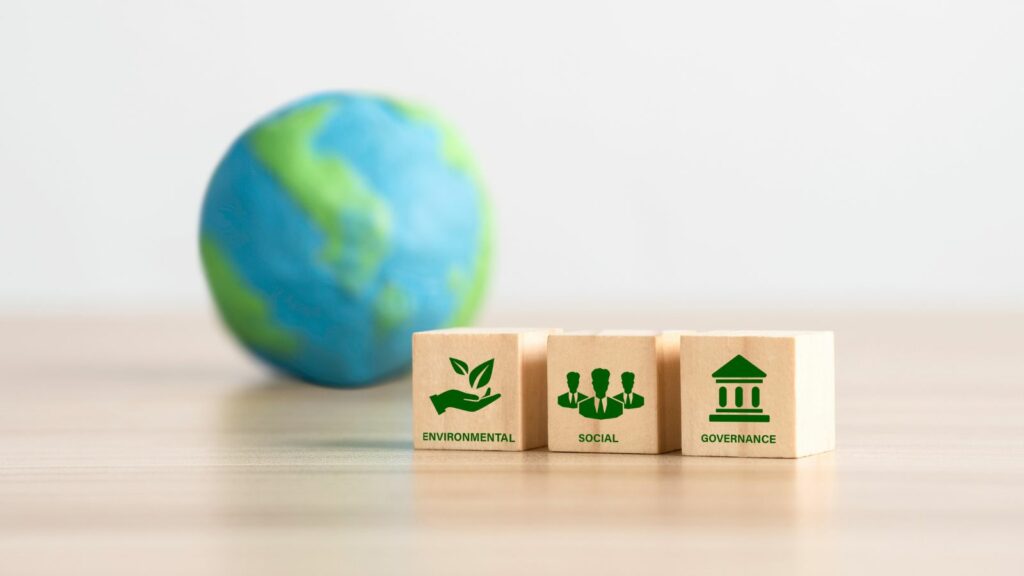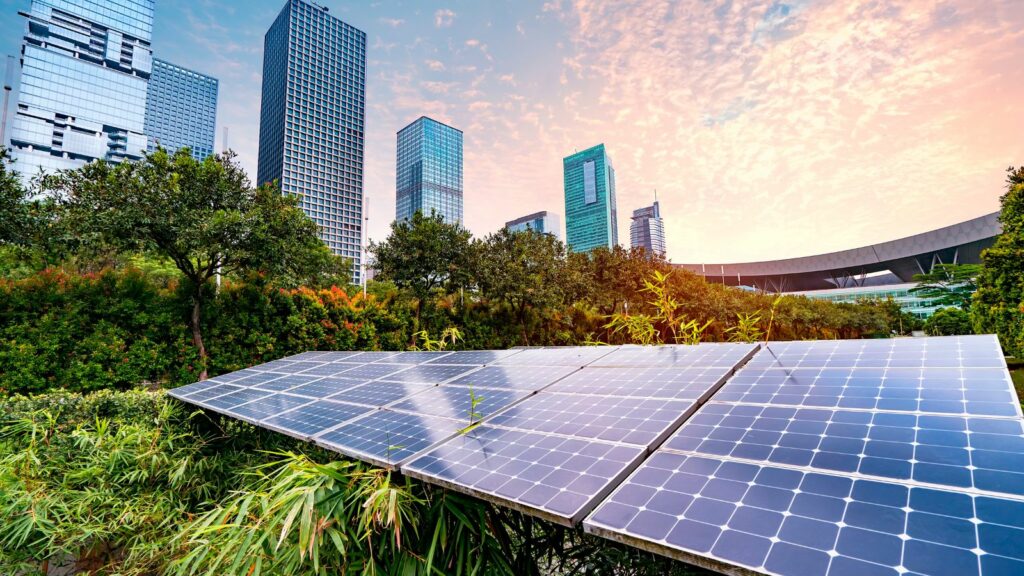In a world where resources are rapidly depleting, adopting a sustainable lifestyle has become more than just a trend—it’s a necessity. It’s about making conscious choices that reduce one’s environmental impact and promote a healthier planet.
This article delves into the concept of sustainable living, offering insight into why it’s crucial in today’s world. It’ll also provide practical tips on how you can make the shift towards a more eco-friendly lifestyle. So, if you’re ready to make a change that benefits not just you, but the entire planet, keep reading, Also check Utility bidder
Sustainable Life Style

Diving into sustainable lifestyle involves a comprehensive understanding of core principles and the significant impact it carries.
A sustainable lifestyle revolves around leading a life that leans towards environmental consciousness, encompasses the usage of eco-friendly products, and reduces waste generation. It’s about involving habitual eco-friendly practices, for example, recycling products, limiting water usage, and choosing renewable energy sources.
The evolution towards sustainable living carries an immense element of importance in our lives. It steers us towards preserving the earth’s natural resources. For example, limiting water consumption helps save this scarce resource. Using renewable energy not only preserves fossil fuels but also reduces greenhouse gas emissions that contribute to climate change. Adopting a sustainable lifestyle, therefore, plays a vital role in paving the path towards a healthier, less strained planet. Through these actions, it guides us to enjoy and preserve the planet for generations yet to come.
Key Components of a Sustainable Lifestyle

Grounded in the principles of ecological balance and conservation, a sustainable lifestyle involves several key components. These elements primarily focus on energy efficiency, waste reduction, recycling, and sustainable eating habits.
Energy efficiency stands as a vital component in the sustainable life equation. It relates to using less energy to perform the same tasks, while reducing greenhouse gas emissions and benefiting the environment. Strategies for energy efficiency, such as using LED lights, energy-efficient appliances, and adjusting thermostats, contribute to a sustainable lifestyle. More elaborate approaches include installing solar panels or wind turbines, enabling individuals to generate their own renewable energy.
Waste Reduction and Recycling
Minimizing waste generation is another essential aspect of sustainability. It’s a process that begins with critical thinking about what products to buy and extends to finding creative uses for items that would otherwise be discarded. Reducing the use of non-recyclables, repurposing items, and composting, fall into this category. Additionally, recycling isn’t just about separating paper and plastic— it’s a comprehensive system that includes recycling water and using greywater systems at home.
Sustainable Eating Habits
Finally, sustainable eating surveys the total environmental impact of food production and consumption. It promotes choices like plant-based diets, locally sourced produce, and organic farming practices. Significantly, it also advocates for reducing food waste which, if represented as a country, would be the third-largest emitter of CO2 globally. Hence, sustainable eating habits involve switching to conscious consumption, from savoring seasonal foods to embracing the leftovers.
Benefits of Adopting a Sustainable Lifestyle

A sustainable lifestyle contributes significantly towards a thriving planet, with far-reaching benefits that extend beyond mere environment conservation. This enlightenment forms the contextual orbit, moving around the reduction of environmental impact and the enhancement of health and wellbeing.
Adopting a sustainable lifestyle means mitigating environmental impact on several levels. For instance, it implies less reliance on fossil fuels, resulting in a reduction of carbon emissions and thus a slowdown in global warming. Embracing renewable energy sources, such as solar or wind power, promotes this goal.
Moreover, sustainable living fosters reduced waste production. This notion entails repurposing or recycling items whenever possible instead of dispatching them to already overflowing landfills. Additionally, eco-conscious citizens often choose products packaged in biodegradable materials, preventing the accumulation of non-decomposable substances in the environment.

Therefore, it is very important to enhance citizens’ environmental awareness, not only to enhance their own environmental awareness, but also to enhance the environmental awareness of people around them.
You can organize some environmental protection tea parties or activities to promote environmental protection concepts. You can also give out some small gifts printed with environmental protection appeals, such as badges, Lanyards, etc., so that people around you can increase their environmental awareness in a subtle way.



